Scents that mosquitoes hate – 9 expert recommendations for fragrant mosquito-repellent plants to grow in your yard
Adding one or two plants with scents that deter mosquitoes to your patio is a must this summer

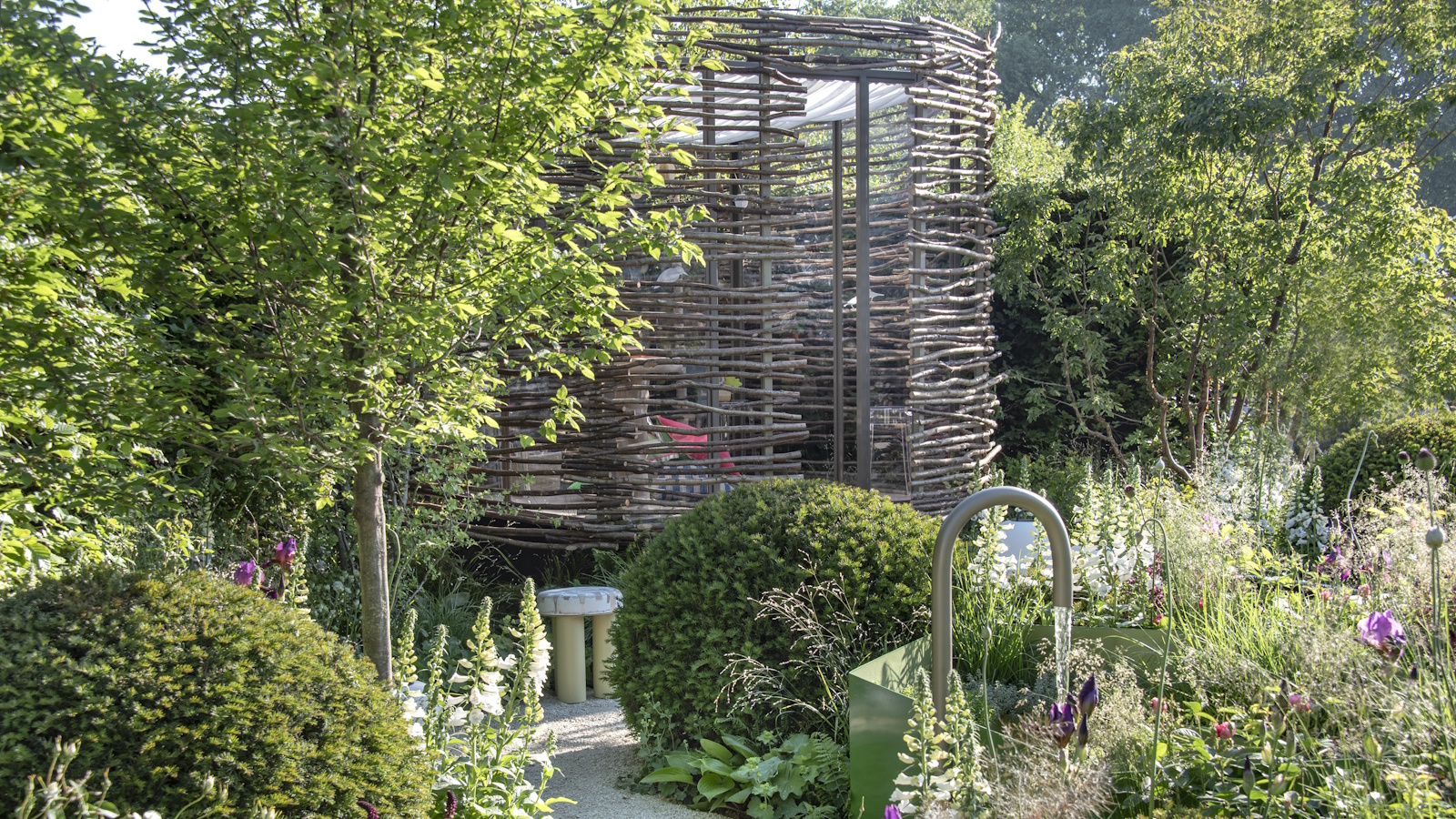
If you live in a particularly mild climate, it is likely that you experience mosquitoes invading your yard during spring and summer. They thrive in warm weather, and if you have a pond or water feature, chances are they might be a bit of a pain.
Some of the most impactful prevention methods involve chemicals to stop them from biting. However, not all anti-mosquito tactics need to involve pesticides or sprays, and some can be entirely non-toxic and a safer form of natural pest control.
So, if you are keen to learn how to get rid of mosquitoes in a natural way, try growing one or two of these plants with scents that deter mosquitoes, as recommended by expert gardeners.
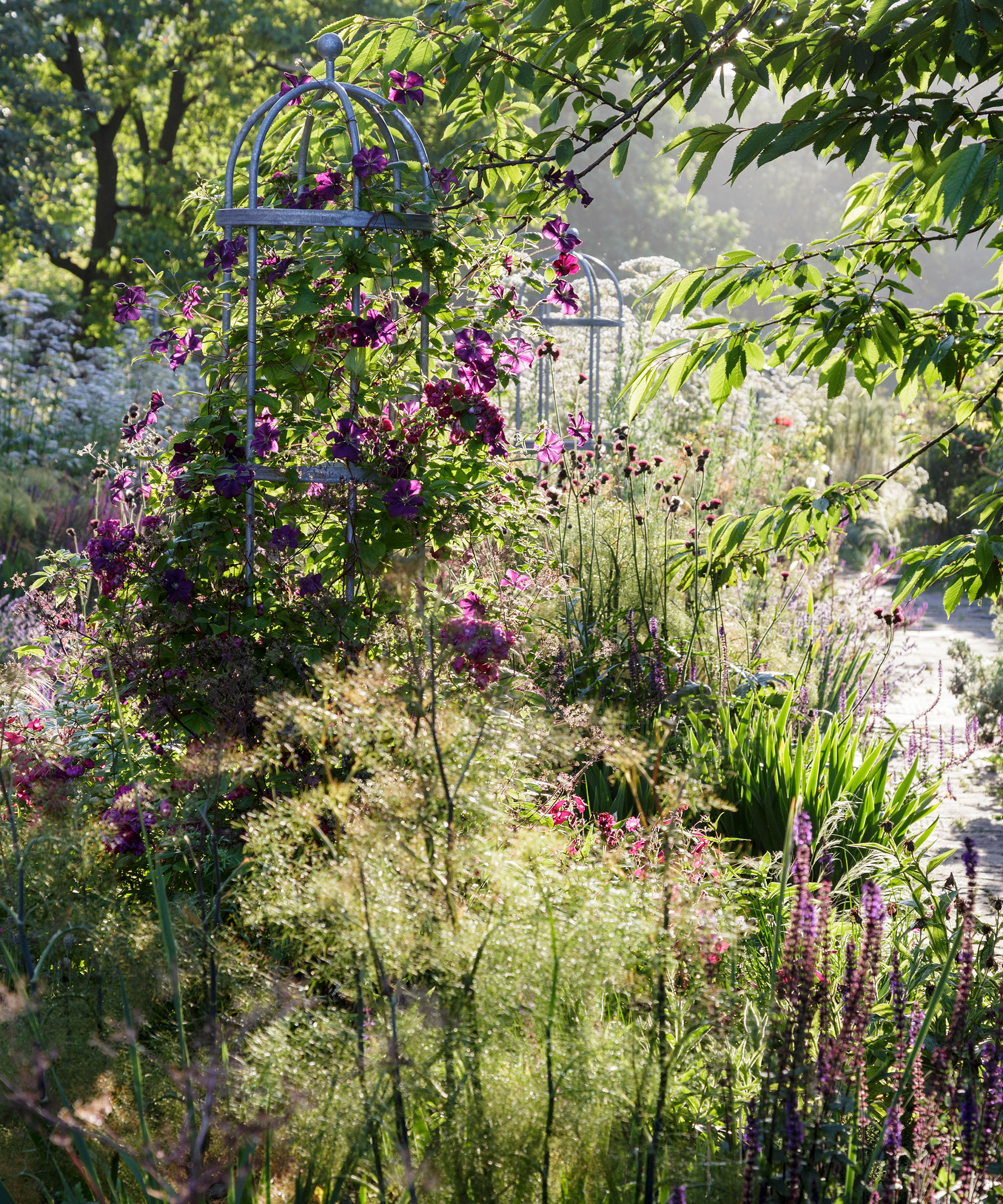
9 plants with scents that deter mosquitoes
Mosquitos can be a pain in most areas during the summer, regardless of US hardiness zone. I find they are especially annoying when you are sitting on the patio, entertaining friends and family, and they won't leave you alone.
Here, I reveal nine plants with scents that deter mosquitoes, to keep these biting insects away.
1. Marigolds
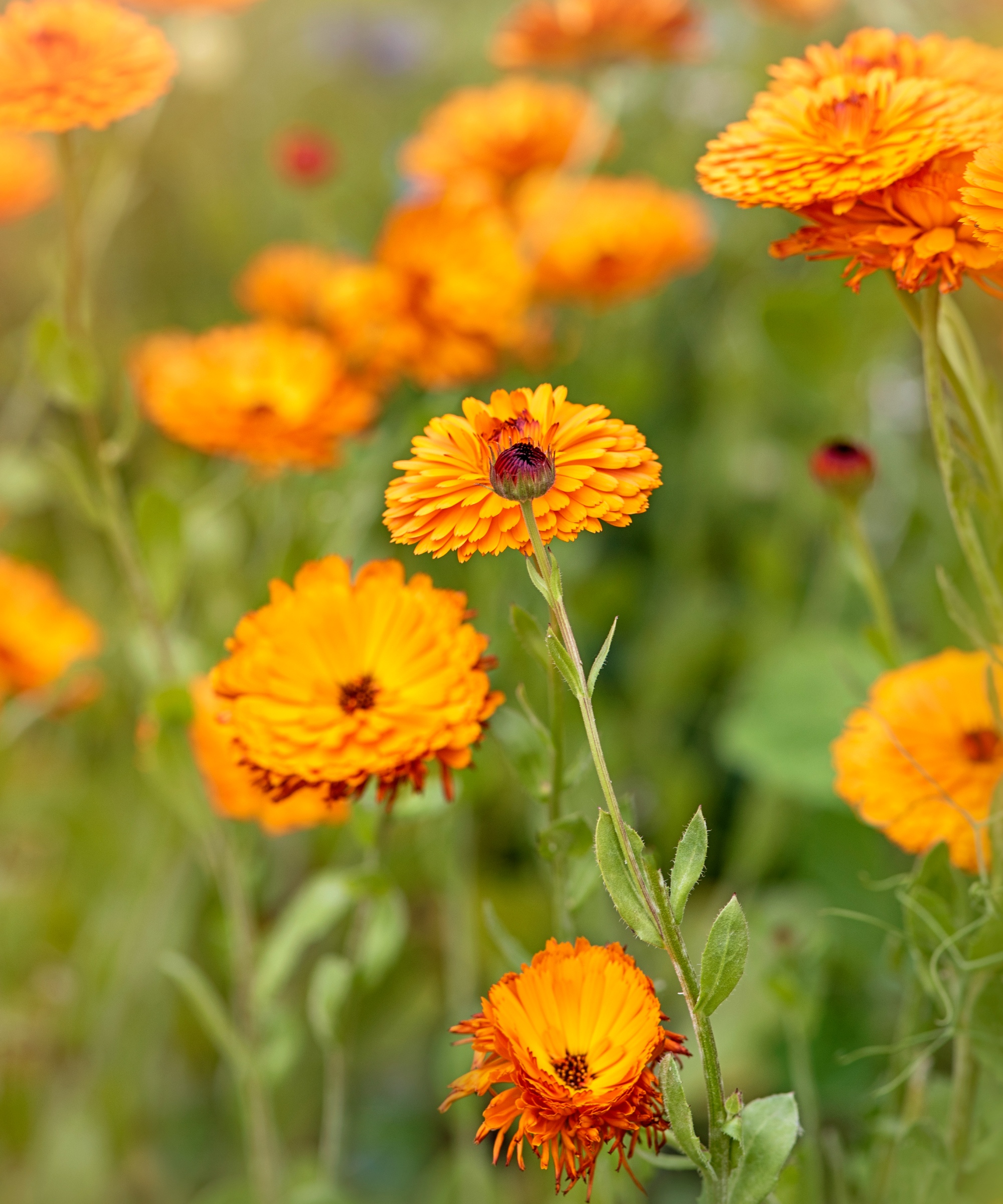
As well as being full of color, marigolds possess a distinctive smell that is repellent to mosquitoes as well as many other garden pests.
This makes them a popular option for companion planting to grow alongside vegetable crops, such as tomatoes, cucumbers or kale.
Design expertise in your inbox – from inspiring decorating ideas and beautiful celebrity homes to practical gardening advice and shopping round-ups.
The flowers’ essential oil has a similar effect to DEET, and is used in many insect repellents.
Learning how to grow marigolds couldn't be simpler. They enjoy sunshine and a good drink of water every now and then. And, once happy, they will produce an endless supply of summer cheer while keeping insects away.
Marigold seeds can be ordered online via Amazon.
2. Eucalyptus
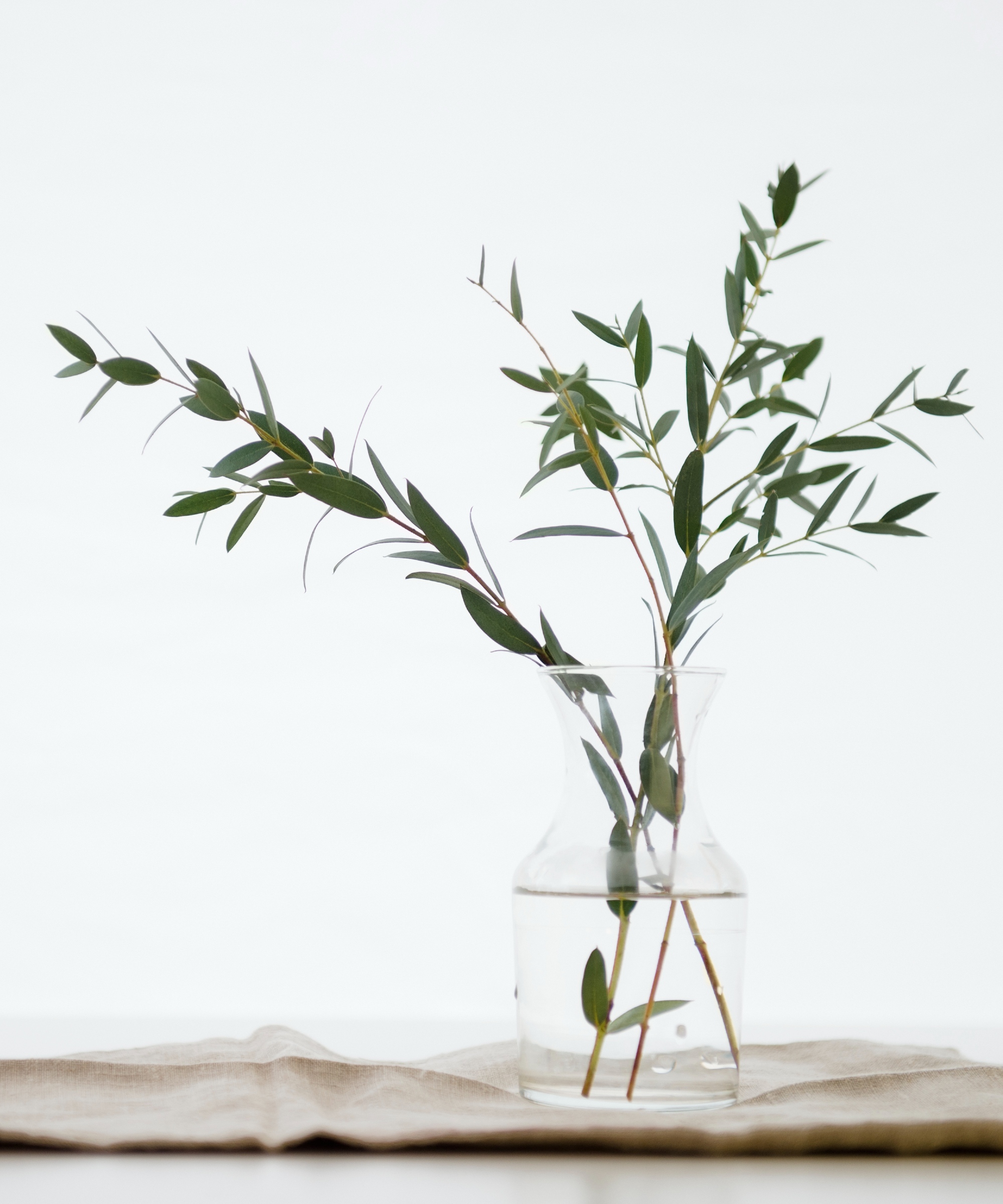
Eucalyptus is one of the most hated smells among mosquitoes.
The reason these smells deter mosquitoes is that they produce chemicals that mosquitoes don't like, namely linalool and geraniol. Used strategically, they can be used effectively to keep mosquitoes away from windows.
This is why you often find scents like eucalyptus are used in soaps and candles that are used that keep bugs away from your home.
There are many different species of eucalyptus, most originating in Australia or New Zealand, with a preference for full sun and exhibiting remarkable drought tolerance in zone 8 plus.
Live eucalyptus starter plants can be ordered via Walmart.
3. Catmint
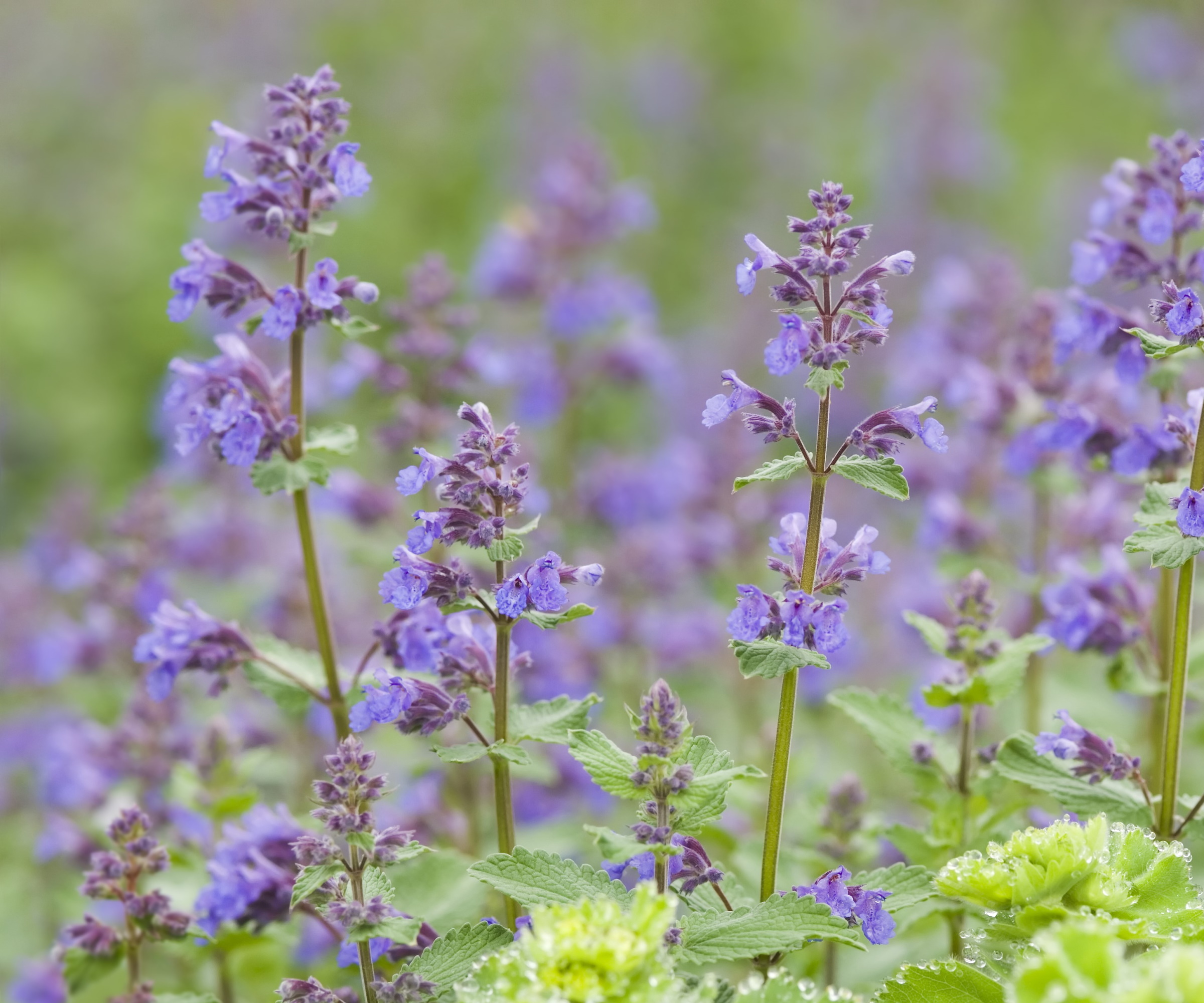
Catmint is hated by mosquitoes, and its essential oil nepetalactone has been found to be 10 times as effective as DEET.
It has lovely lavender-like flowers that are prized in gardens, as can be seen in the image above, ideal if you enjoy the cottage garden aesthetic.
In terms of where to grow catmint, it is incredibly easy to grow, preferring full sun and free-draining soil, thriving from US hardiness zone 3 plus.
Live catmint plants are available from Walmart.
4. Mint
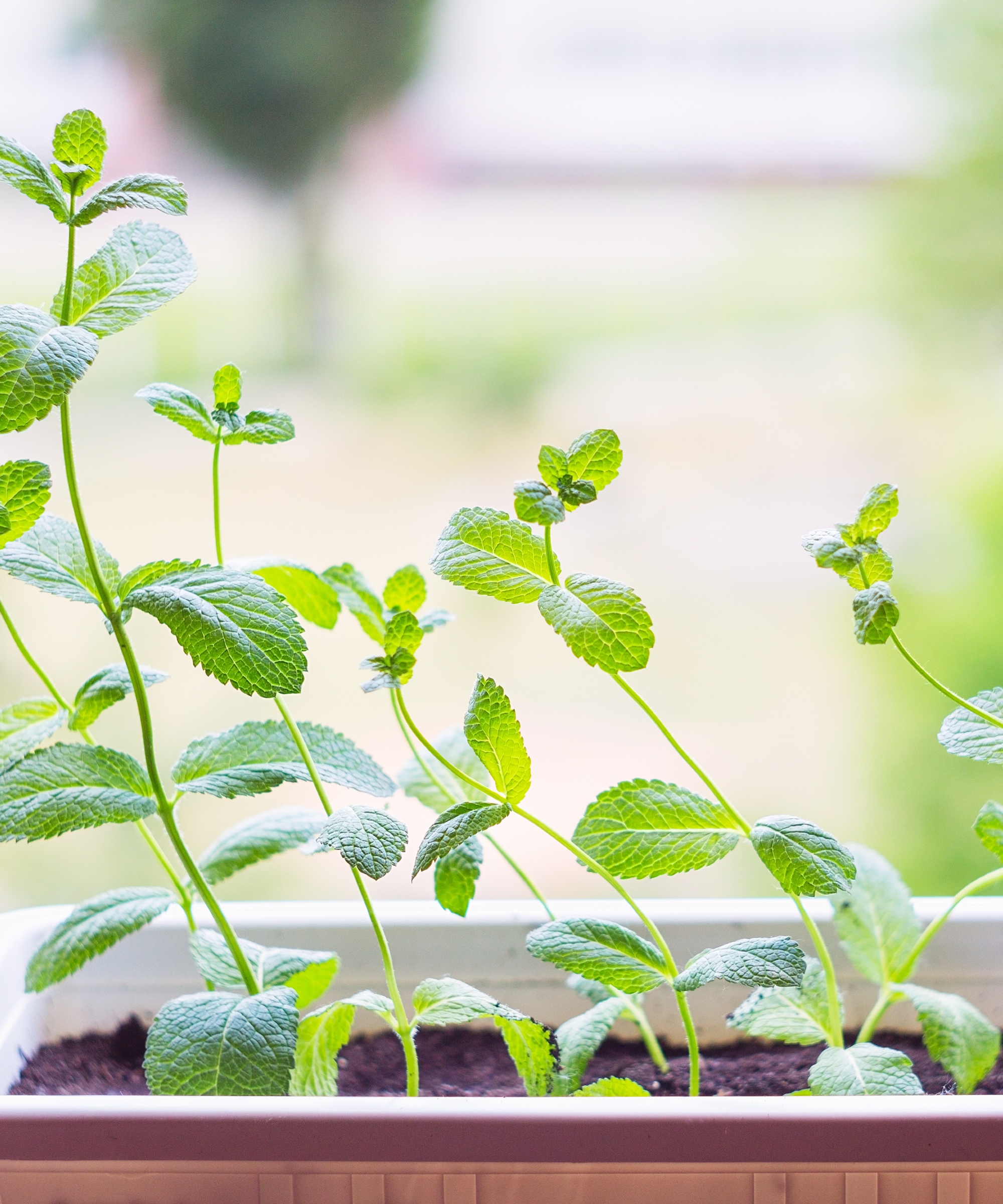
Mint may be a staple kitchen garden idea, but it has its uses against mosquitoes, too.
It is a super effective pest-repellent plant, as its strong scent deters many pests and insects.
It's always advisable to grow mint in pots, because it can spread quickly in the ground and take over whole beds.
Move your containers to where you like to sit outside, onto your patio or deck, and allow the plants around you to do all the hard work, warding off mosquitoes.
Mint is very versatile as a plant, and can be grown in both sun and shade, although it does have a preference for moist soil. For the best results, grow from zone 3 plus.
Live mint plants can be ordered via Amazon.
5. Lemongrass

Lemongrass contains citronella oil, perhaps the most famous of mosquito repellent scents.
Learning how to grow lemongrass in your garden is pretty straightforward, but it does best in warmer regions, such as zones 9 and 10 where warmth and humidity can be relied on.
Lemongrass live plants can be ordered via Walmart.
6. Lavender
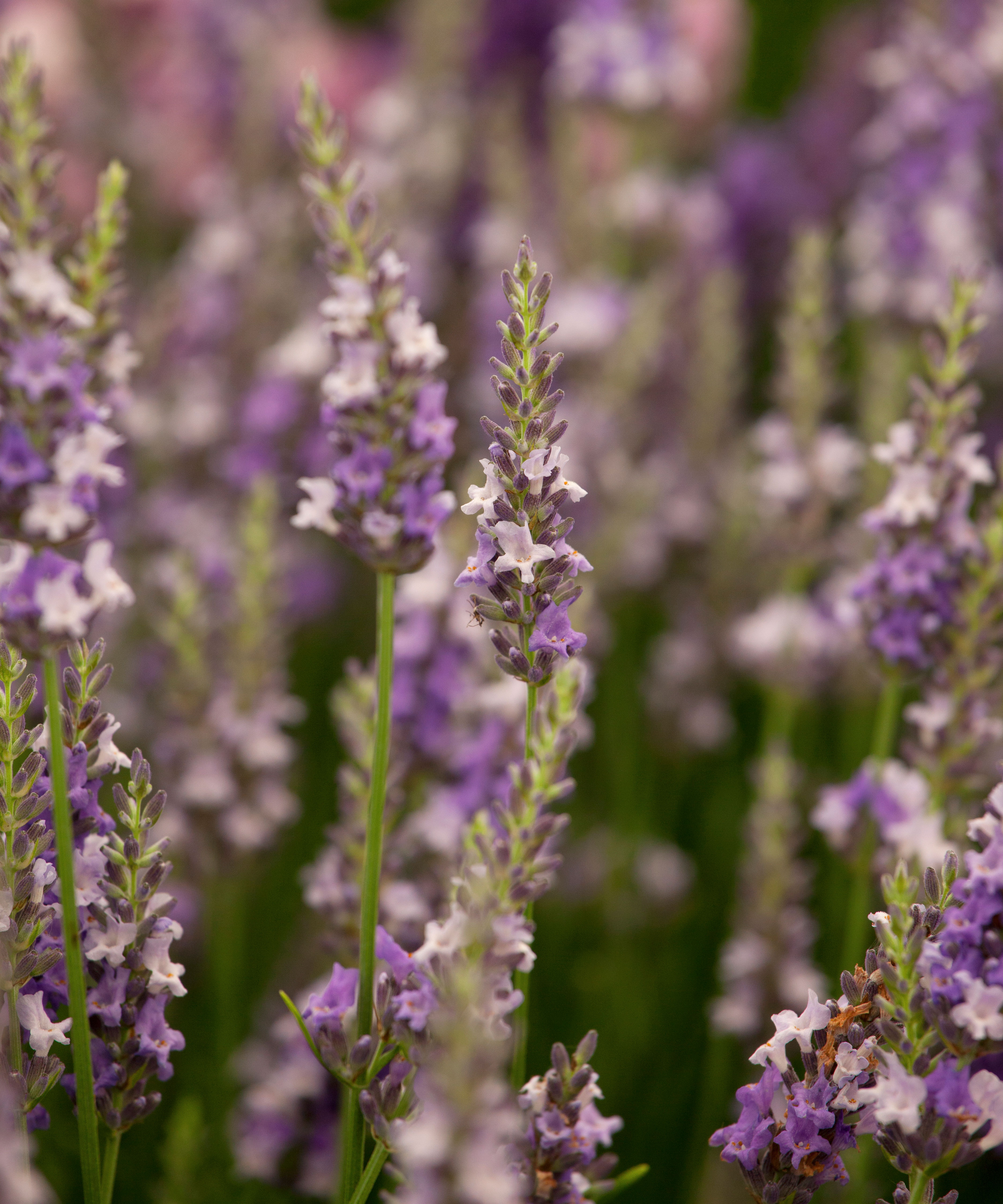
Lavender is one of the most famous mosquito repellents, and it's easy to see its appeal.
While the pest dislikes its distinctive scent, the same smell has a calming effect on humans, which is why it's often used as an essential oil for aromatherapy and meditation.
Knowing how to grow lavender in your yard is straightforward, which is good news for gardeners in mosquito-riddled areas.
While it will depend on the species, most lavenders can grow from zone 5 plus, thriving in full sun and well-draining soil. Plant next to a patio en masse to really enjoy their pest repellent abilities.
And the best part? Bees love this aromatic herb. 'We love lavender and grow it in our vast fields,' says Lisa Fontanarosa, a lavender expert and grower based in Albuquerque, New Mexico.
'We grow without pesticides, and never use any fertilizer. Lavender attracts bees and other important pollinators, luring them with its nectar. So keep the pesticides away and let nature do its thing.'
Live French lavender plants can be ordered from Amazon.

Lisa is an entrepreneur who loves plants, with a styling business, lavender farm, apple orchard, and flower gardens, based in Albuquerque, New Mexico. She is an expert lavender grower with many years of organic growing experience.
7. Alliums
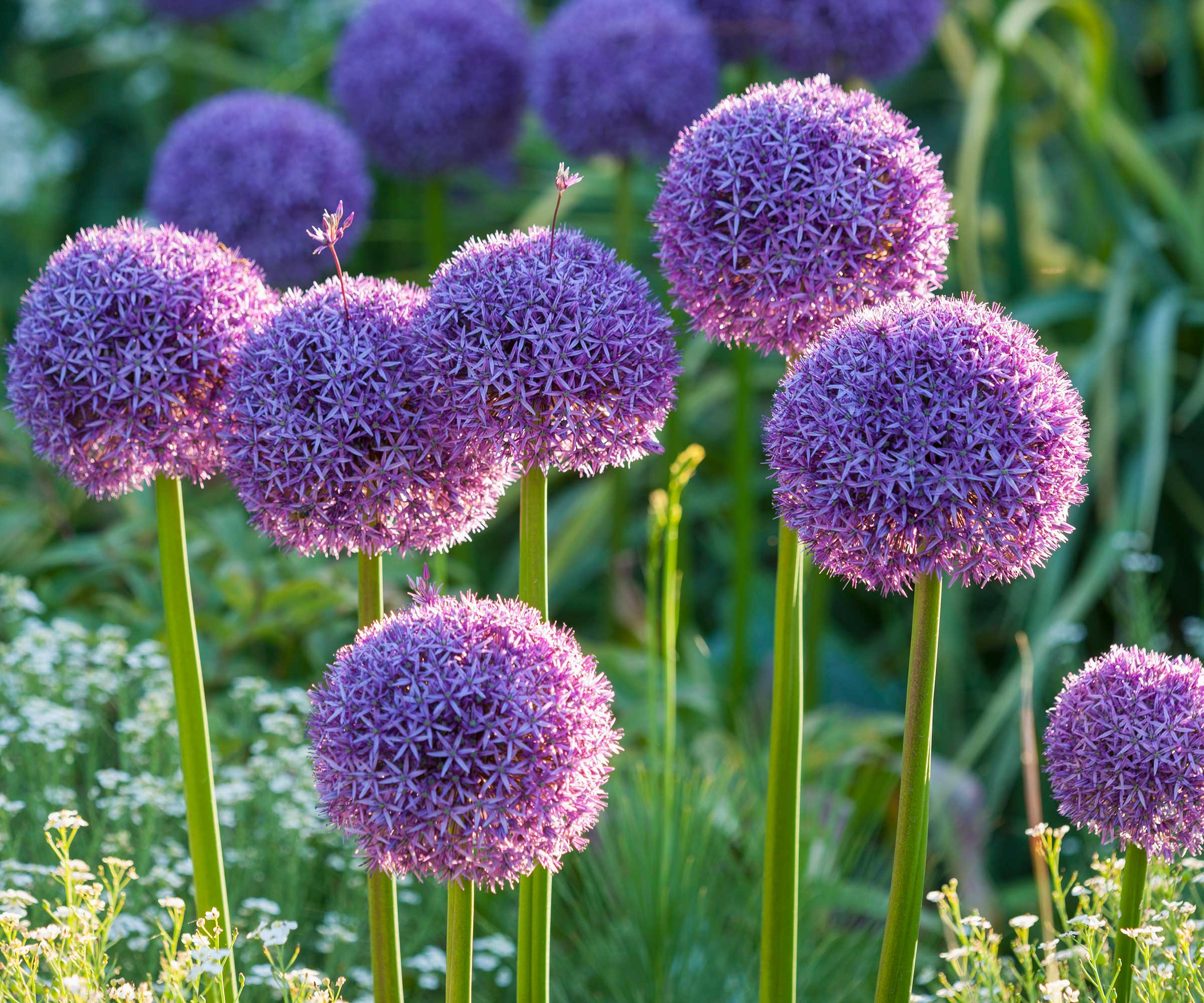
Emitting an oniony scent, alliums are effective at repelling a wide variety of garden pests, including mosquitoes.
With their showy heads of usually purple flowers, these attractive bulb flowers are easy to grow, so they make fantastic low-maintenance garden border ideas.
For best results, alliums benefit from a sheltered spot and free-draining soil. Depending on the variety, they can usually be grown in zones 3 to 9.
Live alliums can be bought via Walmart.
8. Rosemary
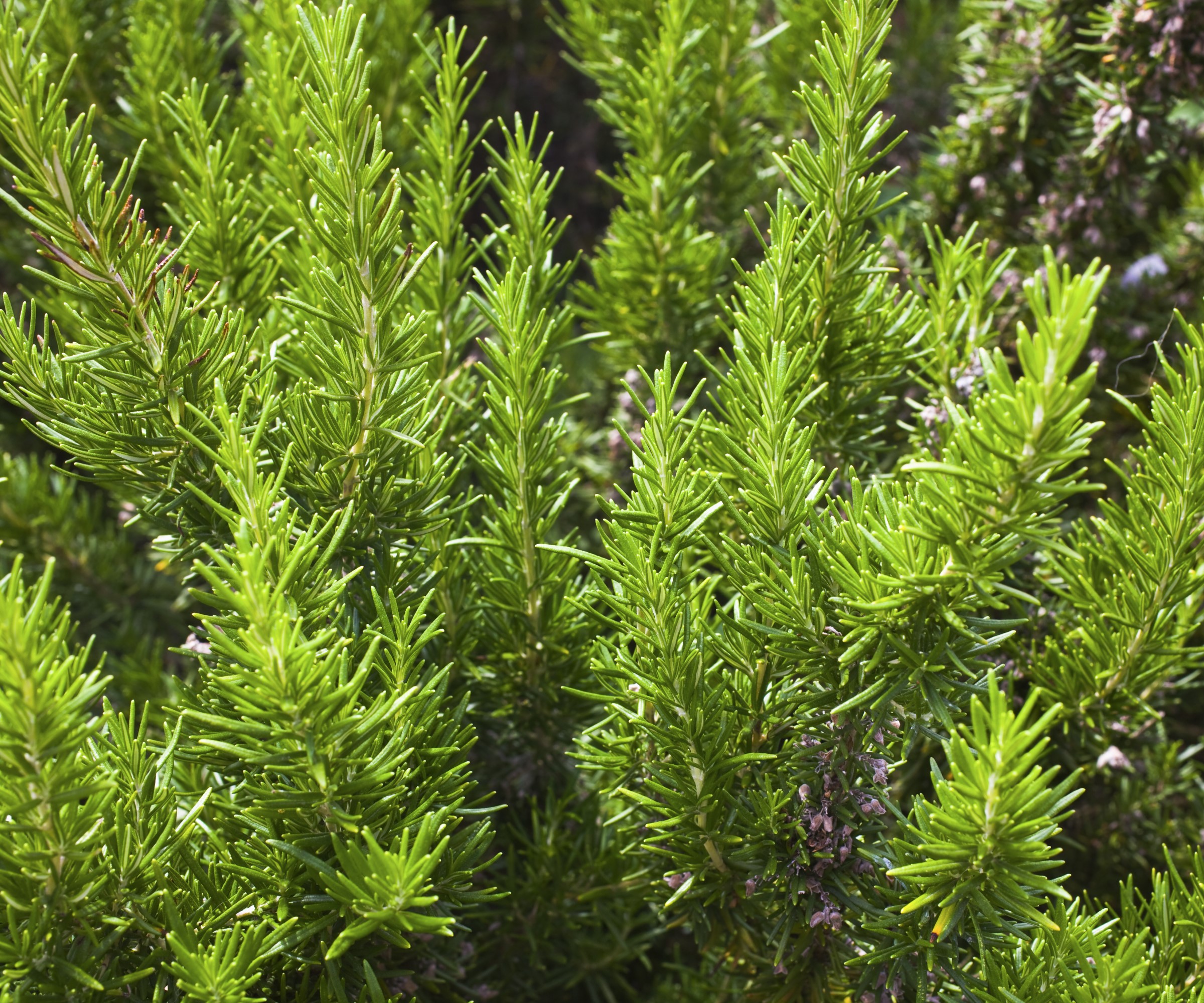
Highly attractive to bees and other precious pollinators, aromatic rosemary is far less appealing to mosquitoes.
You can learn how to grow rosemary from cuttings, seed or simply as plants from the nursery.
As a Mediterranean plant, it is best suited to zones 7 to 9, but you can grow it as an annual or bring it indoors in colder areas.
Interestingly, rosemary is much more effective as a mosquito repellent when it is burnt.
Burning it will release its essential oils, so try throwing a few sprigs on the grill or firepit when entertaining in the garden which should help to deter the blood suckers.
Live rosemary plants are available from Amazon.
9. Basil
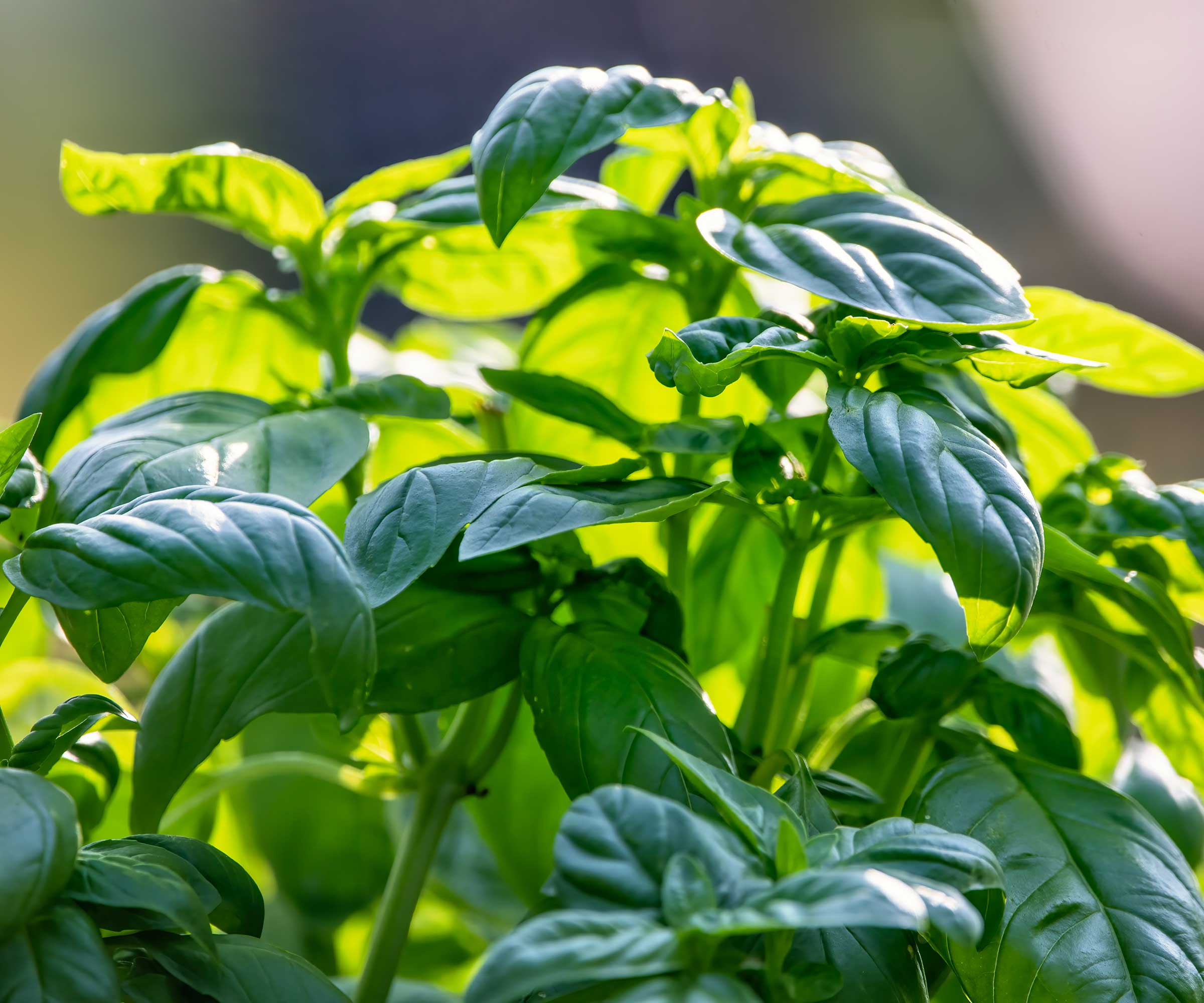
Basil is an indoor or outdoor option that also adds to your culinary arsenal. And, importantly, it is one of the most mosquito-repellent plants you can grow.
One of the most pungent culinary herbs, this 'set and forget' plant gives off a strong scent that deters both mosquitoes and flies.
It’s easy to learn how to grow basil from seed or cuttings; it just needs a sunny spot and decent watering every few days.
Basil does best with a bit of shade from the scorching sun, so you should protect it if the summers are too hot.
Live basil plants are available at Walmart.
As well as employing these potent scents to deter mosquitoes, there are many other ways to get rid of mosquitoes from inside a house naturally, which include scented and herbal candles.
If you're interested in reading more on this topic, you might find our guide to creating a non-toxic garden useful.
Shop garden accessories

Thomas is a Content Editor within the Gardens Team at Homes and Gardens. He has worked as a professional gardener for both public spaces and private estates, specializing in productive gardening, growing food and flowers. Trained in Horticulture at the Garden Museum, he has written on gardening and garden history for various publications, including The English Garden, Gardens Illustrated, Hortus, The London Gardener and Bloom. He has co-authored a Lonely Planet travel book, The Tree Atlas, due out in 2024.
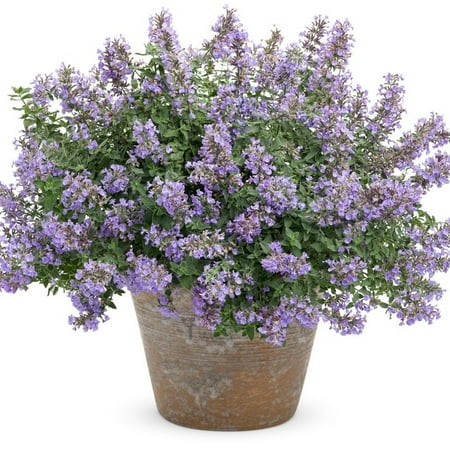
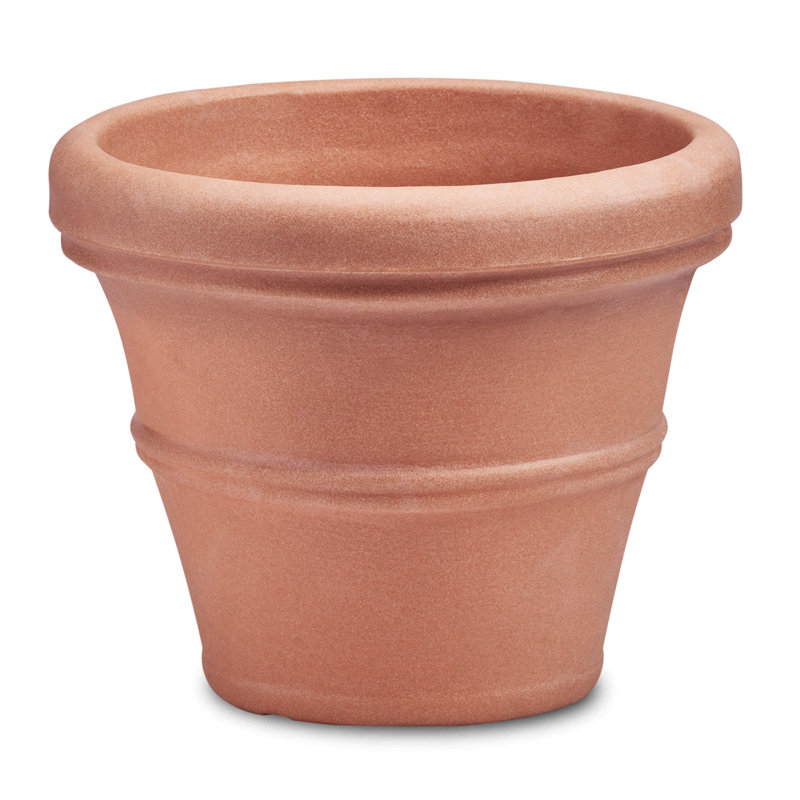
![Miracle-Gro Mg86205 General Utility Gloves – [small/medium], Synthetic Leather Padded Palm Gloves, Spandex Back, Adjustable Hook and Loop Wrist](https://cdn.mos.cms.futurecdn.net/nTAeAiC8a2MyyhZSnu3uAT.jpg)